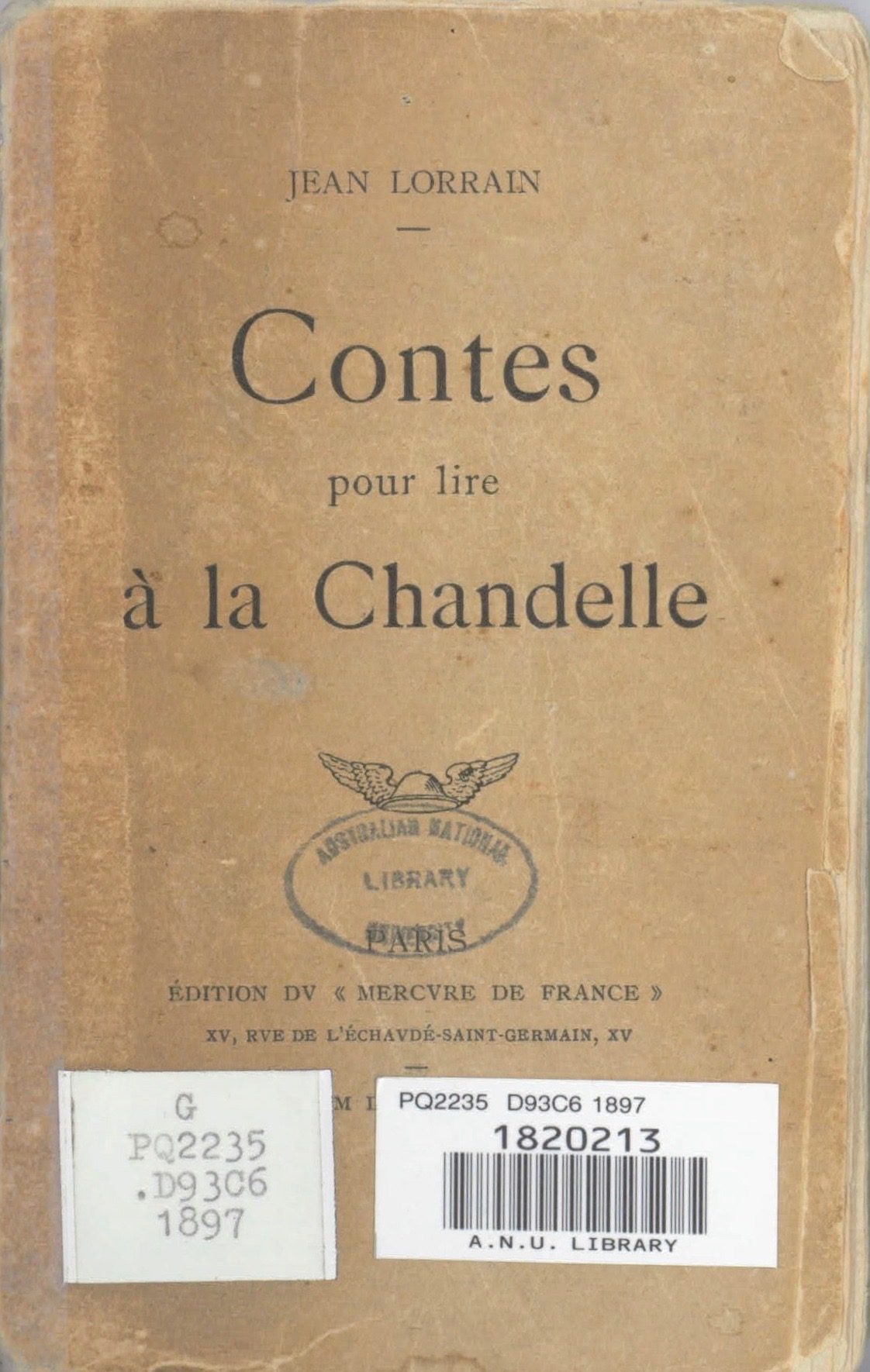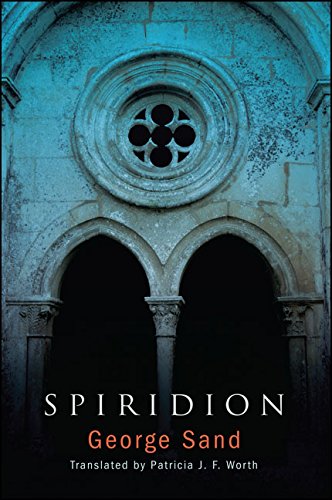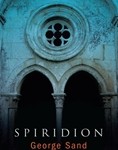Yesterday, the Global Literature in Libraries Initiative published a piece I wrote for their French month, “Under Cover of Dust”. It’s available on their Facebook page and on their blog.
Today, I inadvertently deleted the link and the post from my own blog, so here is the article, with illustrations:
Under Cover of Dust
by Patricia Worth (© 2017)
For an idle literary translator, what’s a good place to search for foreign fiction? Anthologies and best-seller lists, web wish-lists of books that ought to be translated? Old bookshops where floor-to-ceiling shelves are laden with literature from decades or centuries ago? All good suggestions. But there’s another source which can prove fruitful. If your local university library is like mine, there’s a mass of French fiction, purchased in the sixties or fifties, sitting neglected, waiting for a borrower. Each volume is now ageing beneath a grey layer of dust settled in the nook of its page tops.
Here you can find old French books filled with tales far removed in time and unlike anything in contemporary fiction. Read between the lines of these stories and you’ll see writers disappointed with things unchanging, say, in rigid religious traditions that influenced the behaviour of believers and atheists alike, or writers disappointed with too many changes: the advance of technology, the end of manual labour, the taste for realism versus fantasy. They were authors reluctant to let fairies die, who wanted to revive the Medieval world and the era of monarchs and superstitions.
Libraries are a gift to mankind. And womankind. Their shelves are treasure-laden and cost-free. Yet there are book lovers who never go near them. They read only books they can keep, preferring to build their own personal collection, all the while asserting that libraries are an endangered literary species. Once, a young French exchange student at my old university, searching its library for something from the twenty-first century and finding only these old tomes, curled his lip and declared it a museum.
Now, for a translator with an itchy writing hand, old books are a rich source of literature begging to be translated. Perusing the shelves, I suspect that many of them have not been translated in a hundred years, if ever, and now the dust seduces me. I dirty my fingers flicking through the yellowed pages. Opening the covers back too far breaks the aged connection between pages and spine, and I half close the book in sympathy, tilting my head to read inside the triangular space.
One little book, George Sand et le rêve monastique : Spiridion by Jean Pommier, about Sand’s novel, Spiridion, leads me to the novel itself, not far away on another shelf. Sand wrote two versions with different endings. Choosing the second version, I translate it and send it to SUNY Press. Sand’s gothic, philosophical novel set in a monastery, excluding all women bar the author and her translator, is the right choice for me: for the first time I become a published translator.
Tickled by this success, I return to the library and pull out a fragile, hand-sized, brown-covered book, Jean Lorrain’s Contes pour lire à la chandelle, ‘Stories to Read by Candlelight’. As I turn the pages I imagine sitting beside a storyteller in a candlelit corner, listening to tales about a haunted house or an ill-treated woman or a hallucinating boy. For a year I borrow and re-borrow the Contes, translating the stories in no particular order, according to my mood. With each opening of the book another page comes loose and corners flake away. Poor book! When my work is finished I return it to the librarians for conservation, and send six stories to journals to see if they like nineteenth-century French fiction. They do. Lorrain’s small stories are now available in print in Eleven Eleven Journal, and online at The Brooklyn Rail inTranslation, Danse Macabre and Sun Star Review.

My addiction has me hurrying back to the ‘museum’. Kneeling on the floor, I bend my head to read the spines along the bottom shelf, down where the dust is thicker. A small gem, Nouvelles orientales by Eugène-Melchior de Vogüé, appeals by its title; I blow across its top, give the heavier lint a push, read the first page, skip to the middle and scan a few lines. This little number has shortish French stories set in various non-French lands. It comes home with me.
I like some of the stories but not all. The wintry ones are the author’s better work, they make me forget I’m reading. I form a short list, for now avoiding the one that ends in a suicide. Another year passes as I translate the Nouvelles, draft after draft, renewing the library loan a dozen times. When three stories are polished, I send them off. One, my very favourite, is accepted by The Cossack Review: ‘Joseph Olenin’s Coat’, about a lonely man in Ukraine who falls in love with a perfumed pelisse.
Research about Jean Lorrain leads me to his Decadent peer and a great creator of fairies, Catulle Mendès, whose collection Les Contes du Rouet is available online. It’s a thoroughly pleasurable exercise to translate Mendès. A tale about a selfish princess, ‘The Only Beautiful Woman’, makes it into The Brooklyn Rail inTranslation. This is an online to online conversion, but I’m eager to work from a physical book, and am thrilled to find, back at the library, two more collections by Mendès, and I borrow them both. As you can imagine for a book entitled ‘To Read in the Bath’, and another, ‘To Read in the Convent’ (a deceptive title which would have drawn pretty young things into Mendès’s naughty fantasies), I read them with the amusement and occasional dismissal they deserve. My translation of La bague enchantée, ‘The Enchanted Ring’, has been transported to new readers via Peacock Journal.
While it’s true I translate only stories I’m pretty sure will please other readers, there has been the odd dusty book that clicked with me but by the time I reached the end of the first draft, I wasn’t convinced that anyone else would eagerly turn its pages. Henry Gréville’s Sonia was such a book. After months of work, I filed the translation manuscript at the bottom of my drawer.
It’s thanks to the library’s stubborn persistence in holding on to these books that I’ve discovered and translated bits and pieces of them. Yet, in this same university library, no searchers will ever pull Spiridion in our language from a shelf in the way I’ve picked up a few pearls simply by browsing. It is in the library catalogue, but only as an e-book. The National Library of Australia has also acquired only the e-book. Disappointing but not surprising.
Still, e-books and digital journals are here to stay and I must be grateful and push on. As Lorrain led me to Mendès, Mendès has led me to Théodore de Banville. The library has a copy of his Œuvres. I’ve translated a number of his stories and can tell you that he is indeed a witty and entertaining writer. One of my patient draft readers has declared him superior to my previous authors, though I myself love them all equally. Indeed, de Banville has driven me to purchase one of his old volumes. I’ve also bought originals by Sand, de Vogüé, Mendès and others I’m keeping for a rainy day. Yes, I’m starting a collection, but I would never have met these books and their authors if the library had not kept them under cover of dust, despite calls to dispose of them. Long live libraries of the physical kind.
*****




